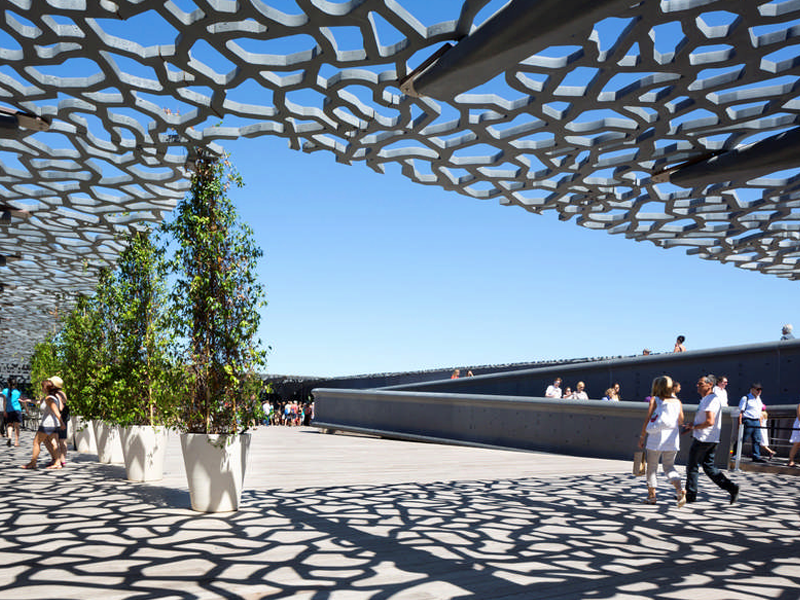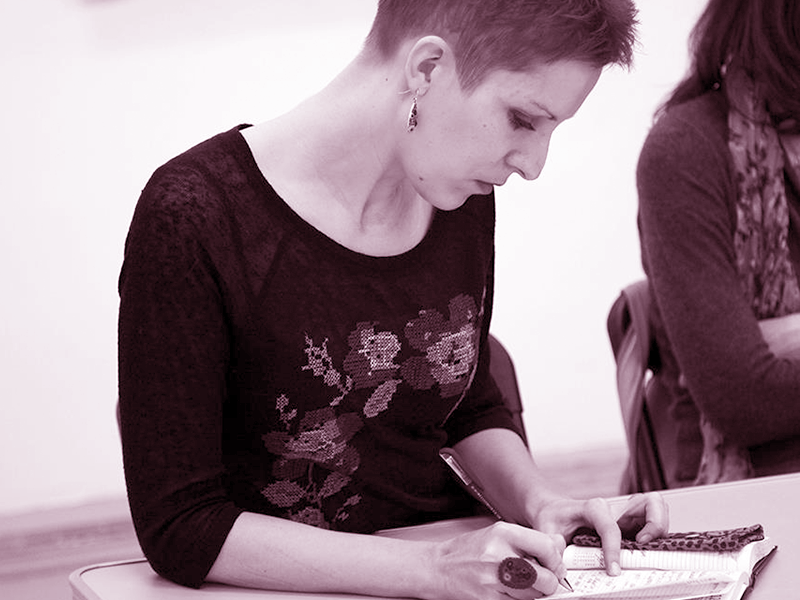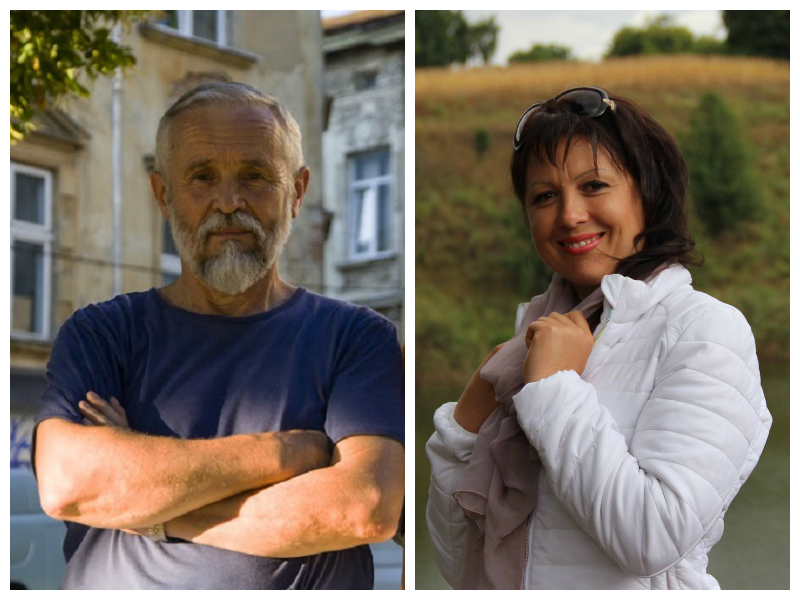
How Culture Shapes Our Cities: The Global UNESCO Report
The authors of the Report are certain that culture in the age of globalization and intensive urban growth can be one of the tools for poverty reduction and resilience. Today, 54% of the global population lives in cities, and part of them face problems and challenges in their day-to-day lives. Almost one billion people live in slums, and this number will increase to three billion by 2050. However, poverty is not the only problem, as there are also the problems of social exclusion and discrimination.
Inclusion practices and recognition of cultural identities are important steps towards sustainable development of the city, according to the report. Also, cultural initiatives and creative industries generate financial income for cities and positively influence problematic areas using renovation, sustainable planning, design and building.
The authors of the UNESCO Report have included recommendations about how to make cities and human settlements inclusive, safe, resilient and sustainable.
‘People-centred cities are culture-centred spaces’
UNESCO recommends saving the cities’ identities and cherishing the cultural heritage. These activities will contribute to the liveability of cities. Also, the authors suggest that decision-makers provide cultural initiatives for social inclusion. Such work should be based on dialogue and peace-building practices that can reduce violence, as well as enhance social cohesion.
‘Quality urban environments are shaped by culture’
The paper proposes that local authorities integrate heritage urban conservation practices in cities’ development strategies. In addition, they believe in the importance of protecting the natural environment. These activities will contribute to the sustainable development of cities. Another suggestion is shaping public spaces for creative activities and social inclusion.
‘Sustainable cities need integrated policy-making that builds on culture’
Innovative financial models designed for culture will improve economic development in a city. Such improvement is possible only if national and local authorities collect data and consider the cultural impact on planning. Finally, UNESCO recommends promoting participatory practices for local communities, as the synergy and collaboration between activists and stakeholders at all levels will strengthen a partnership for developing and changing an urban environment.
Full report http://unesdoc.unesco.org/images/0024/002459/245999e.pdf
Recommendations http://www.unesco.org/culture/culture-for-sustainable-urban-development/pdf-open/recommendations-en.pdf




